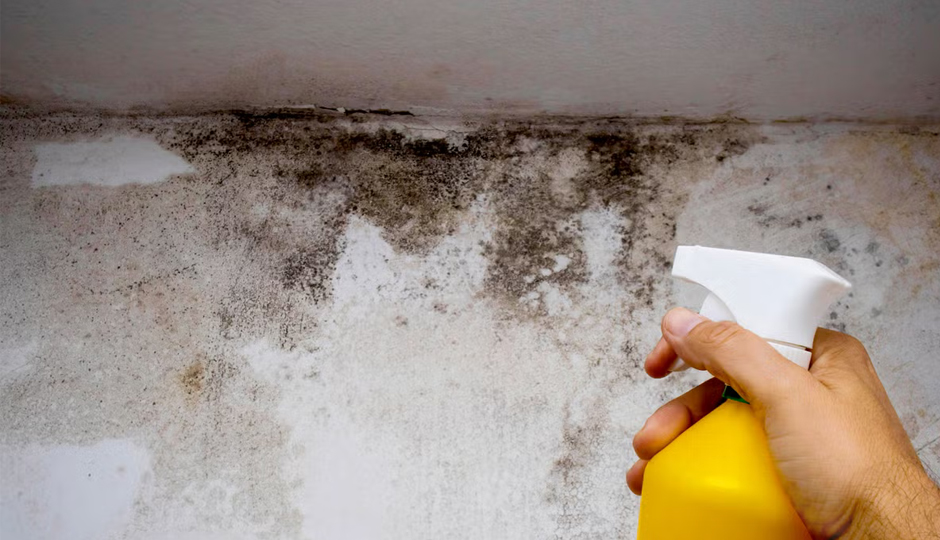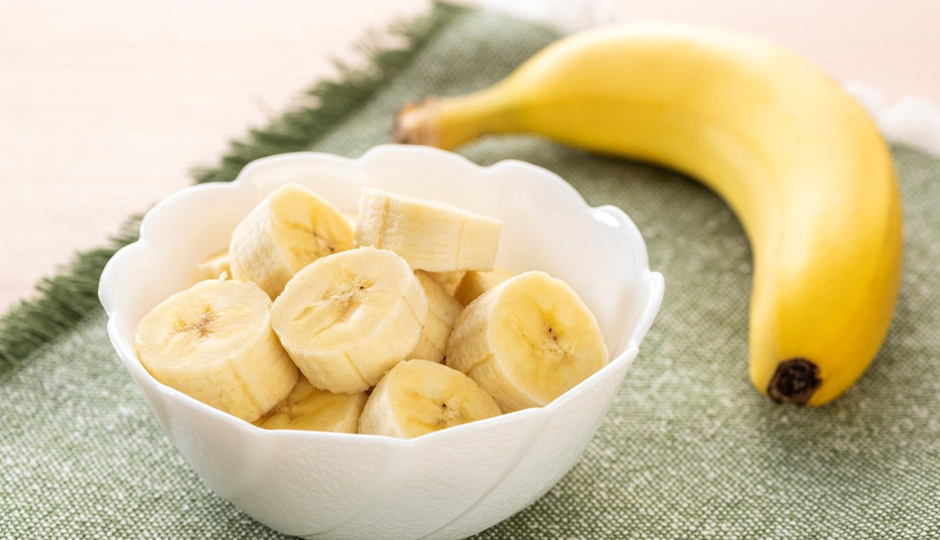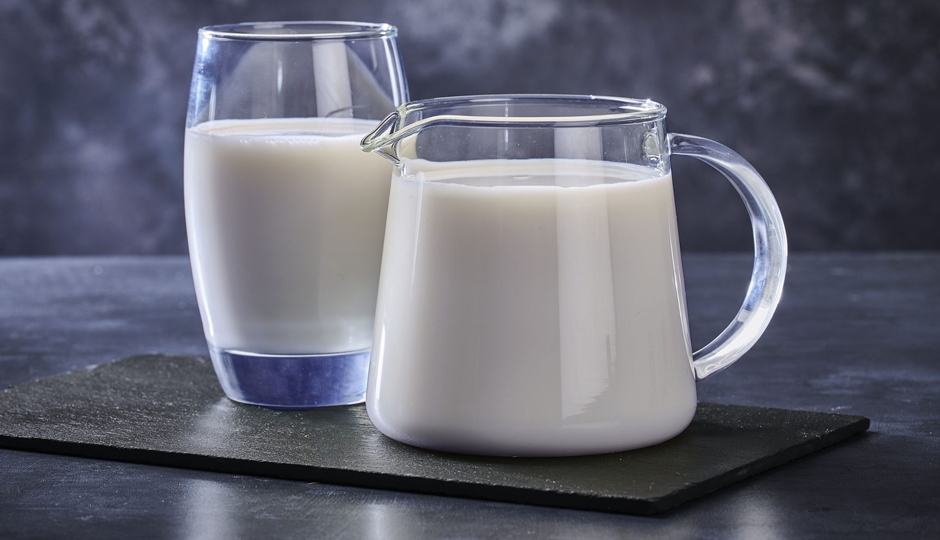- Home›
- Healthy Living›
- 8 Remedies To Cure Caffeine Addiction Naturally At Home
8 Remedies To Cure Caffeine Addiction Naturally At Home
By: Priyanka Maheshwari Thu, 25 Apr 2024 12:09:21

Caffeine, found in coffee, tea, soda, and energy drinks, is a common stimulant. Excessive consumption can lead to addiction, causing health issues like anxiety and headaches. Gradual reduction, hydration, herbal teas, and exercise can help overcome addiction. Explore these natural remedies to reduce caffeine intake and improve well-being.
In addition to these strategies, it's essential to address the root causes of caffeine dependence. Understanding triggers that lead to excessive consumption, such as stress or fatigue, can help you develop healthier coping mechanisms.
Implementing stress management techniques like deep breathing exercises, journaling, or engaging in hobbies can reduce reliance on caffeine as a crutch for managing stress.
Furthermore, prioritizing nutrition and hydration plays a significant role in overcoming caffeine addiction. Consuming a balanced diet rich in fruits, vegetables, whole grains, and lean proteins can provide sustained energy levels without the need for caffeine. Additionally, staying well-hydrated by drinking plenty of water throughout the day can help alleviate withdrawal symptoms and support overall health.
Finally, it's essential to be patient and compassionate with yourself throughout the process of reducing caffeine intake. Withdrawal symptoms may occur initially, but they will subside over time as your body adjusts to lower caffeine levels. Celebrate small victories along the way and recognize that progress is gradual. With dedication and perseverance, you can successfully overcome caffeine addiction and embrace a healthier lifestyle.

# Gradual reduction
Gradual reduction is one of the most effective ways to reduce your caffeine intake and overcome caffeine addiction. Begin by reducing your caffeine intake by small amounts each day. For example, if you usually drink four cups of coffee a day, try cutting back to three cups the first day. Use a journal or app to keep track of how much caffeine you consume each day and gradually decrease it over time.

# Stay hydrated
Staying hydrated can be an important part of managing caffeine addiction and reducing withdrawal symptoms. Caffeine is a diuretic, which means it can increase urine output and contribute to dehydration. When you are dehydrated, you may experience symptoms such as headaches, fatigue, and irritability, which can exacerbate withdrawal symptoms.
Drinking enough water can help flush out caffeine from your system and reduce dehydration. Aim to drink at least 8-10 glasses of water per day, and more if you are physically active or live in a hot, dry climate.
In addition to drinking water, you can also consume other hydrating beverages such as herbal teas, coconut water, or fruit-infused water. Avoid sugary or caffeinated drinks such as soda, energy drinks, or sports drinks, as they can contribute to dehydration and make caffeine addiction worse.

# Get enough sleep
Getting enough sleep is an important factor in managing caffeine addiction and reducing withdrawal symptoms. Caffeine can interfere with sleep by keeping you awake and alert, which can lead to sleep deprivation over time. When you are sleep-deprived, you may experience symptoms such as fatigue, irritability, and difficulty concentrating, which can exacerbate withdrawal symptoms.
To help manage caffeine addiction and improve sleep, aim to get 7-9 hours of sleep per night. Establish a regular sleep schedule by going to bed and waking up at the same time each day, even on weekends. Create a relaxing bedtime routine by avoiding stimulating activities such as watching TV or using electronic devices for at least an hour before bedtime. Instead, try reading a book, taking a warm bath, or practicing relaxation techniques such as meditation or deep breathing.
If you are having difficulty sleeping, avoid consuming caffeine in the afternoon or evening. Caffeine can stay in your system for several hours, and consuming it too close to bedtime can interfere with sleep. In addition, avoid alcohol and nicotine, as they can also interfere with sleep.
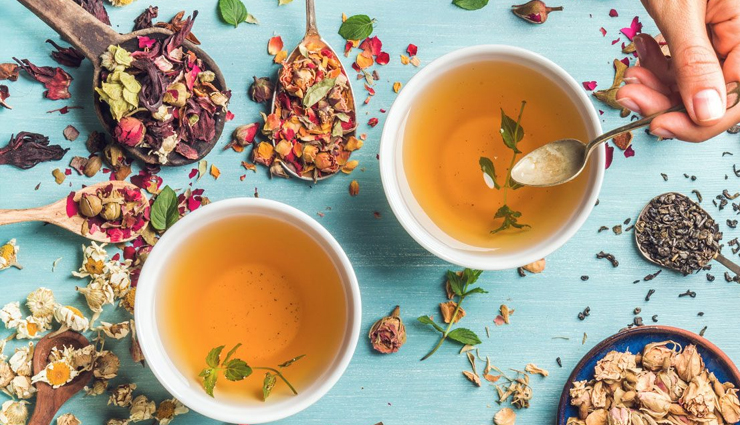
# Herbal teas
Herbal teas can be a helpful remedy in managing caffeine addiction and reducing withdrawal symptoms. Many herbal teas contain compounds that can promote relaxation, reduce stress, and improve sleep, which can help manage caffeine addiction.
Here are some herbal teas that may be helpful in managing caffeine addiction:
Chamomile tea: Chamomile is known for its calming and relaxing properties. Drinking chamomile tea can help reduce stress and promote relaxation, which can help manage caffeine addiction.
Peppermint tea: Peppermint tea can help reduce fatigue and improve mental clarity, which can be helpful in managing withdrawal symptoms of caffeine addiction.
Lemon balm tea: Lemon balm is known for its calming and soothing properties. Drinking lemon balm tea can help reduce stress and anxiety, which can help manage caffeine addiction.
Valerian root tea: Valerian root is known for its sedative properties. Drinking valerian root tea can help improve sleep and reduce insomnia, which can be helpful in managing caffeine addiction.
Ginger tea: Ginger can help reduce nausea and vomiting, which are common withdrawal symptoms of caffeine addiction. Drinking ginger tea can also help improve digestion and reduce inflammation.
Green tea : Green tea is a great alternative to coffee for those looking to reduce their caffeine intake or overcome caffeine addiction. While green tea contains caffeine, it also contains L-theanine, an amino acid that promotes relaxation and helps to reduce anxiety, which can offset the stimulating effects of caffeine. If you're used to drinking multiple cups of coffee a day, start with one cup of green tea a day and gradually increase your intake over time. It may take some time to adjust to the taste of green tea and its lower caffeine content, but with patience and persistence, you can use green tea to help overcome caffeine addiction.

# Regular exercise
Regular exercise can be an important part of managing caffeine addiction and reducing withdrawal symptoms. Exercise can help reduce stress, promote relaxation, and improve sleep, which can all be helpful in managing caffeine addiction.
Here are some ways that exercise can help manage caffeine addiction:
Reduce stress: Exercise can help reduce stress and anxiety, which are common triggers for caffeine consumption. By reducing stress levels, exercise can help reduce the desire for caffeine.
Promote relaxation: Exercise can promote relaxation by releasing endorphins, which are natural chemicals in the body that promote feelings of well-being and happiness. This can help manage withdrawal symptoms of caffeine addiction.
Improve sleep: Regular exercise can help improve sleep quality and reduce insomnia, which can be helpful in managing caffeine addiction.
Increase energy: Exercise can help increase energy levels naturally, without the need for caffeine. By increasing energy levels, exercise can reduce the need for caffeine to stay awake and alert.
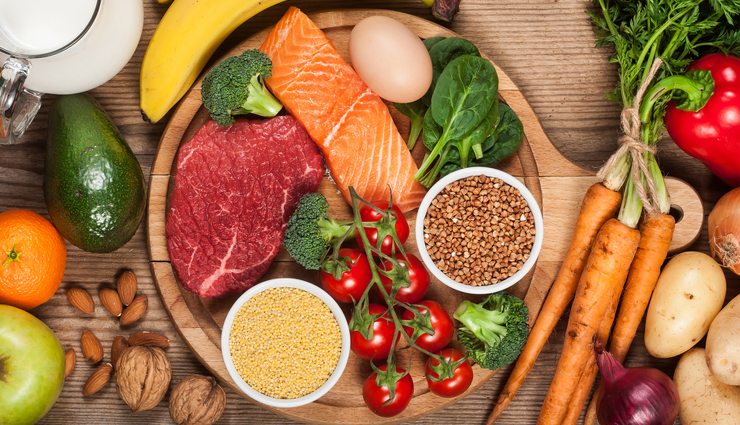
# Eat a balanced diet
Eating a balanced diet can be an important part of managing caffeine addiction and reducing withdrawal symptoms. A balanced diet can provide your body with the nutrients it needs to function properly and reduce the cravings for caffeine.
Here are some ways that a balanced diet can help manage caffeine addiction:
Provide energy: A balanced diet can provide your body with the energy it needs to function properly without relying on caffeine. Eating a balanced diet that includes complex carbohydrates, protein, and healthy fats can help keep you energized throughout the day.
Reduce stress: Eating a balanced diet that includes fruits, vegetables, and whole grains can help reduce stress levels, which are common triggers for caffeine consumption.
Improve digestion: Eating a balanced diet that includes fiber-rich foods can help improve digestion and reduce gastrointestinal symptoms that may be associated with caffeine withdrawal.
Promote relaxation: Eating a balanced diet that includes foods rich in magnesium, such as leafy greens, nuts, and seeds, can help promote relaxation and reduce anxiety, which can be helpful in managing caffeine addiction.
Hydrate: Eating a balanced diet that includes hydrating foods such as fruits and vegetables can help you stay hydrated, which is important in managing caffeine addiction and reducing withdrawal symptoms.

# Seeking professional support
Seeking professional support can be an important part of managing caffeine addiction and reducing withdrawal symptoms. A healthcare professional, such as a doctor or a therapist, can provide guidance, support, and resources to help you overcome caffeine addiction.
Here are some ways that professional support can help manage caffeine addiction:
Develop a personalized plan: A healthcare professional can help you develop a personalized plan to gradually reduce caffeine intake and manage withdrawal symptoms.
Address underlying issues: A healthcare professional can help you address underlying issues that may be contributing to caffeine addiction, such as stress, anxiety, or sleep disorders.
Provide support: A healthcare professional can provide emotional support, encouragement, and accountability to help you stay on track with your goals of reducing caffeine intake and managing addiction.
Prescribe medication: In some cases, a healthcare professional may prescribe medication to help manage withdrawal symptoms, such as headaches, nausea, or anxiety.
Refer to specialized treatment: In severe cases of caffeine addiction, a healthcare professional may refer you to a specialized treatment program or support group to help you overcome addiction and maintain long-term recovery.

# Decaf
Decaf, short for decaffeinated, is a type of coffee or tea that has had most of its caffeine removed. Decaf can be a helpful alternative for people who want to reduce their caffeine intake or manage caffeine addiction.
Here are some things to keep in mind when considering decaf:
Not caffeine-free: Decaf is not completely caffeine-free, but rather has much less caffeine than regular coffee or tea. A typical cup of decaf coffee contains about 2-5 milligrams of caffeine, compared to about 70-140 milligrams in a regular cup of coffee.
Different taste: Decaf coffee or tea may taste slightly different than regular coffee or tea due to the caffeine removal process. Some people find that decaf has a slightly milder taste than regular coffee or tea.
Process of caffeine removal: There are several methods used to remove caffeine from coffee or tea, including using solvents, water, or carbon dioxide. Some people may prefer one method over another for personal or health reasons.
Health benefits: Decaf coffee or tea still contains some beneficial compounds, such as antioxidants, that are found in regular coffee or tea. However, it is important to note that some decaf products may contain added sugar or other ingredients that may not be as healthy.
Limitations: Decaf may not be suitable for everyone, such as people with certain health conditions or who are sensitive to other compounds in coffee or tea.

